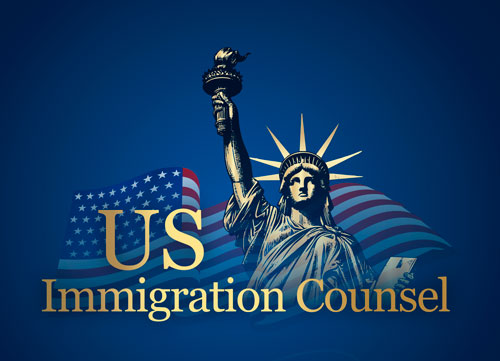Cuban Adjustment Act (CAA)
This law allows Cuban nationals and their families to apply for permanent residency after one year of physical presence in the U.S.
What Is the Cuban Adjustment Act?
The Cuban Adjustment Act is a U.S. federal law enacted in 1966 that provides a legal pathway to permanent residency for Cuban citizens or nationals. Under this law, Cubans who have been physically present in the United States for at least one year may apply for lawful permanent residency. The Act also extends benefits to certain family members, including spouses and children.
Originally passed during the Cold War era, the law was designed to offer protection to Cuban migrants fleeing political persecution and to undermine the Cuban government under Fidel Castro. Over the years, it has allowed hundreds of thousands of Cubans to settle legally in the United States.
Key Requirements
To qualify under the Cuban Adjustment Act, the applicant must meet the following conditions:
-
Be a Cuban citizen or native
-
Have been physically present in the United States for at least one continuous year
-
Be admissible to the U.S. or eligible for a waiver of inadmissibility
-
Provide proof of Cuban nationality (e.g., passport, birth certificate)
-
Apply for adjustment of status using Form I-485
Spouses and children of Cuban nationals may also apply for residency under the Act, even if they are not Cuban citizens themselves.
Changes to the Law
The Cuban Adjustment Act has been amended multiple times. One significant change occurred in 2017, when President Obama ended the “wet foot/dry foot” policy. That policy had allowed Cubans who arrived on U.S. soil to stay and apply for legal status, while those intercepted at sea were returned to Cuba. Although the policy was eliminated, the core provisions of the Act remain in effect.
Other Legal Pathways for Cubans
In addition to the Cuban Adjustment Act, Cuban nationals may also:
-
Seek asylum if they face persecution in Cuba
-
Apply through the Cuban Family Reunification Parole Program
-
Enter the U.S. on a temporary visa and adjust status later, if eligible
Controversies and Criticism
The Act has faced criticism for offering preferential treatment to Cuban immigrants over those from other countries. Critics argue that it has encouraged dangerous and illegal migration attempts. Despite this, the law continues to provide a vital legal route for thousands of Cuban nationals.
How We Can Help
If you are a Cuban national who has been in the United States for at least one year, you may be eligible to apply for permanent residency under the Cuban Adjustment Act. Our experienced attorneys can guide you through the process and ensure your application is properly filed and supported.

